Do athletes' lives under the spotlight always go smoothly? The Paris Olympics have just concluded, and table tennis players Ma Long, Wang Chuqin, and Sun Yingsha have once again become the focus due to their excellent achievements. However, at the same time, they have also been caught up in a "controversy storm." The cause of the matter is simple: Guo Bin, Wang Nan's husband, presented each of them with a 3-kilogram gold medal. This seemingly generous congratulation has caused a huge stir. Some applaud, while others sneer and even question whether he has ulterior motives.
This matter is not as simple as it seems.
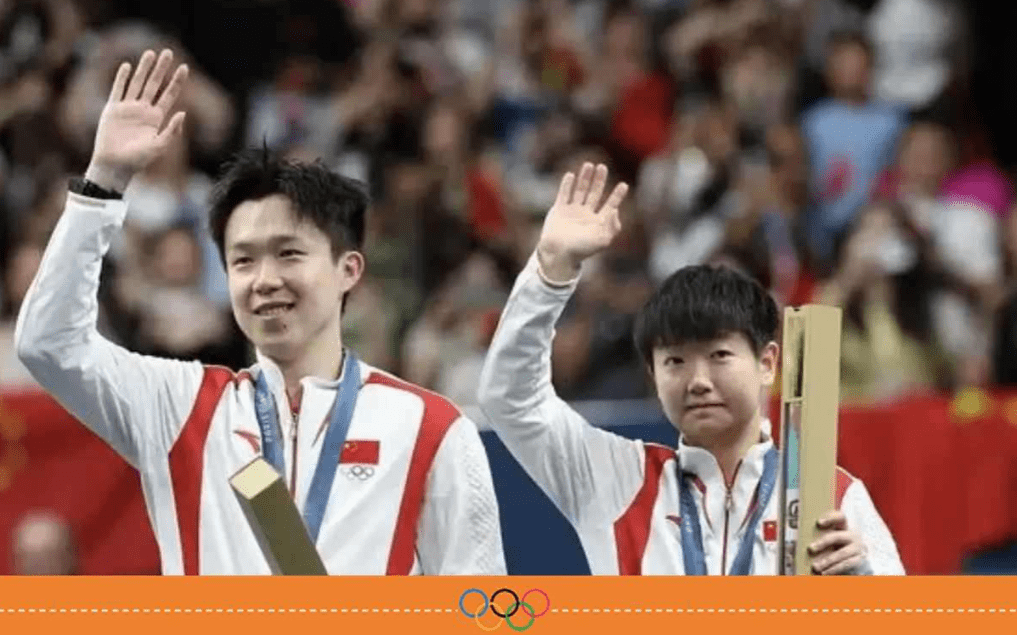
Guo Bin's "generosity" is not the first time it has made headlines. Three years ago at the Tokyo Olympics, he gave away nine luxury homes as rewards for athletes and head coaches, directly setting a new standard for "rewards." This gold medal incident has put him at the center of public opinion.
"Is it pure support, or is there more to it than meets the eye?" This is the question that many netizens and media outlets are asking. A well-known sports journalist even hinted that Guo Bin's actions may conceal potential interest transfers, implying "unclear intentions." In response to external doubts, Guo Bin openly responded, "These gold medals are just an expression of my love and support for the national table tennis team." Although this sounds positive, few people are truly convinced.
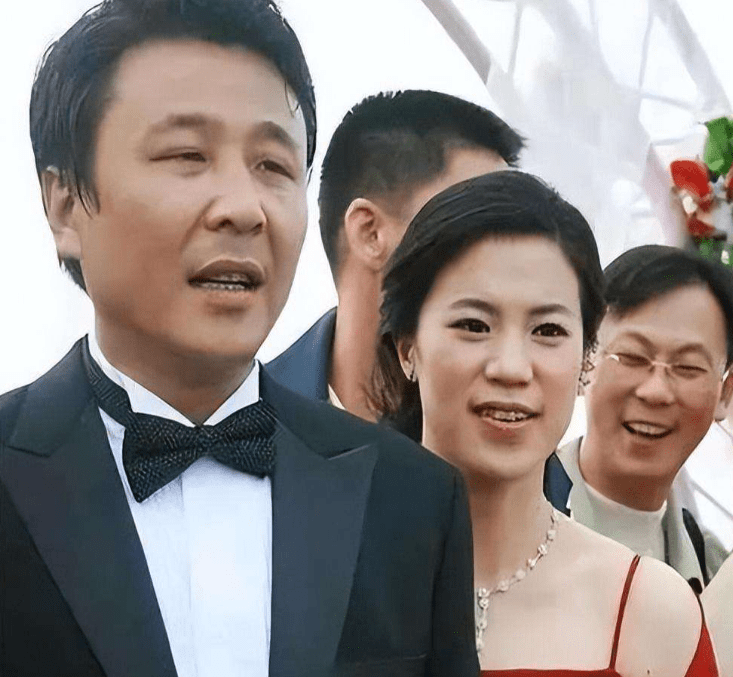
Some say that Guo Bin's behavior is "looking for trouble." However, upon further investigation into his past, it is discovered that he is indeed someone who is "willing to spend money and put in effort." Besides supporting the national table tennis team, his philanthropic endeavors are also thriving.
During the 2020 Hubei flood disaster, Guo Bin donated 5 million yuan for post-disaster reconstruction, which effectively alleviated many urgent needs. Additionally, to support youth sports, he donated sets of sports equipment to schools across the country and even personally financed the construction of basketball courts. These series of good deeds show that he genuinely wants to promote the development of China's sports industry.

However, the question remains: can such a "good person" identity really help him avoid controversy? Obviously, things are not that simple.
In fact, Guo Bin's high-profile behavior is not unique to the sports world. As early as 2016, a real estate tycoon was thrust into the limelight for gifting a luxury home to diving Olympic champion Wu Minxia. At that time, some praised his generosity, while others mocked it as "showboating." Similar controversies arose with shooting champion Du Li, where a company rewarded her with a luxury car.

These actions reflect issues that are not limited to individual events but rather deeper social contradictions: Why do only certain athletes receive such support? What about athletes from less popular sports? And what about grassroots coaches? Who will make up for the treatment gap?
"It's easy to add flowers to brocade, but it's hard to bring charcoal in the snow." Such voices always emerge in these incidents.
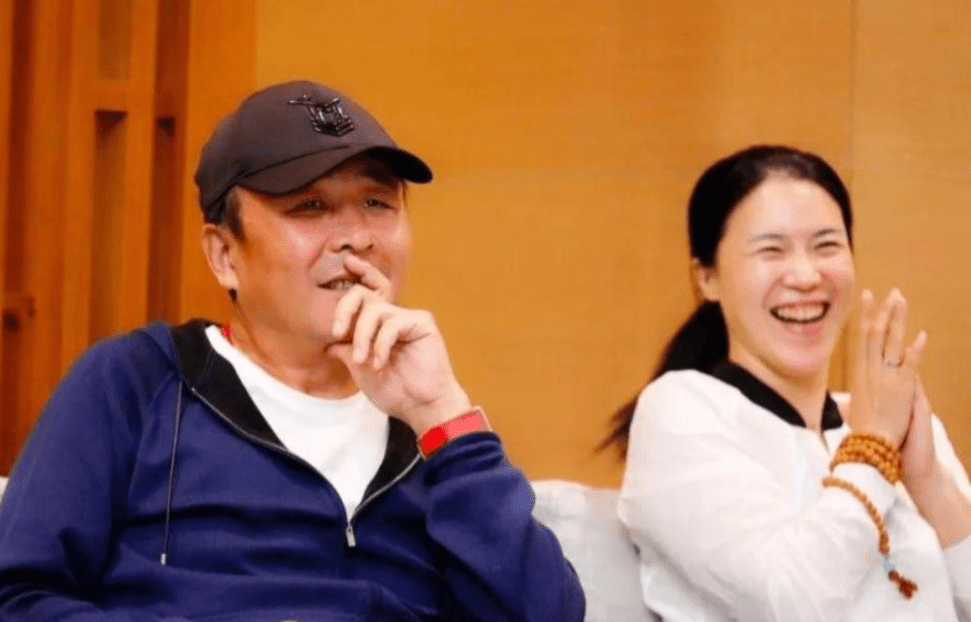
Some people applaud Guo Bin's actions, believing that he is simply supporting the national table tennis team in his own way. After all, he is willing to spend money to express his intentions, which many consider a "private matter" and nothing to criticize. Others believe that such "high-profile" behavior instead adds trouble to the sports world — "You can support, but don't create a commotion." There are even more intense opinions that suggest this behavior may inadvertently saddle athletes with a kind of "debt of gratitude," potentially affecting the fairness of the entire sports environment.
"Giving gold medals is freedom, but how others perceive it is also freedom." Such debates have never had a clear answer.
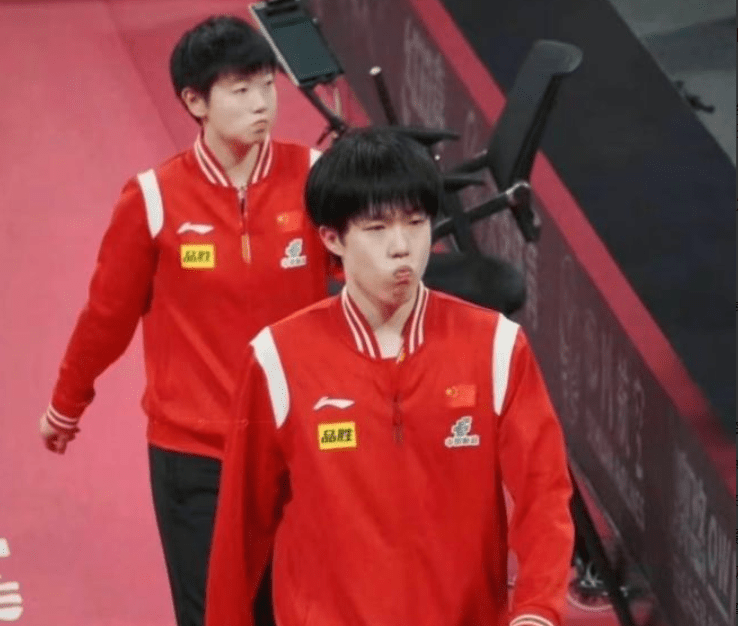
Of course, Guo Bin's relationship with the national table tennis athletes is not solely because of the connection with Wang Nan. He once sponsored a closed training camp for the national table tennis team in 2019, providing better preparation conditions for the athletes. His role as a "friend" even made him a "psychological mentor" in the athletes' lives. For him, these gifts and support may just be acts of goodwill between friends, not the "ulterior motives" interpreted by outsiders.
But it is precisely this extraordinary relationship that makes the outside world more sensitive. After all, the public always has a natural wariness towards the combination of "sports" and "power and money."
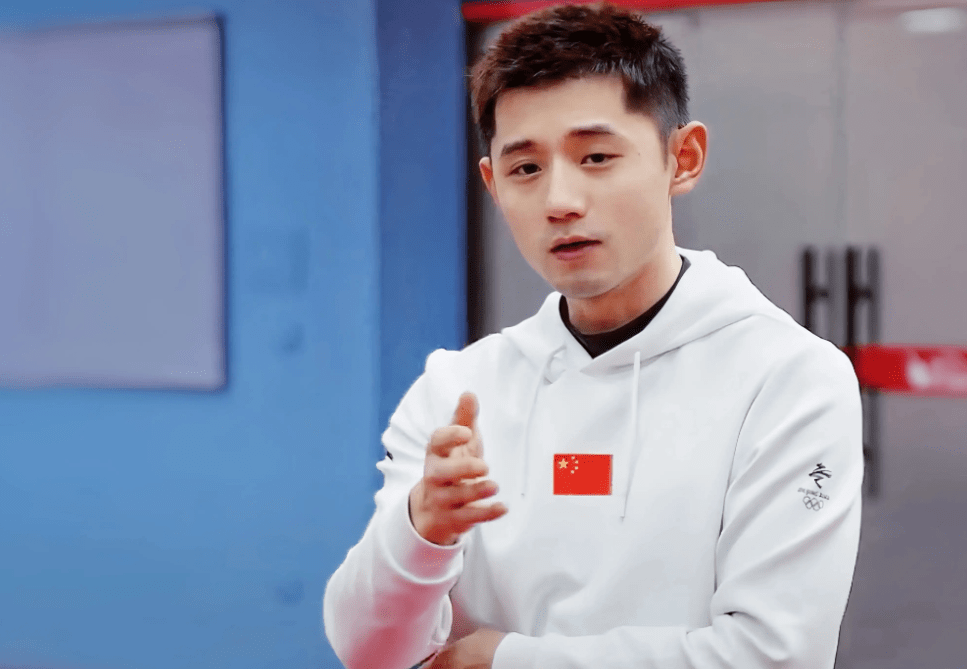
In addition to the gold medals, Guo Bin also made headlines again for sending gifts in Zhang Jike's live stream. It is said that he sent expensive gifts like "Carnival" under the alias "Second on the List." This incident also sparked heated discussions: Is it to support a friend, or is it a bit of "jokingly" showing off?
Nowadays, more and more athletes are getting involved in live streaming platforms, facing the intersection of commercialization and private life, and the pressure they encounter is gradually increasing. Some believe that such behavior may dilute the competitive image of athletes, and Guo Bin's actions have further intensified the controversy.
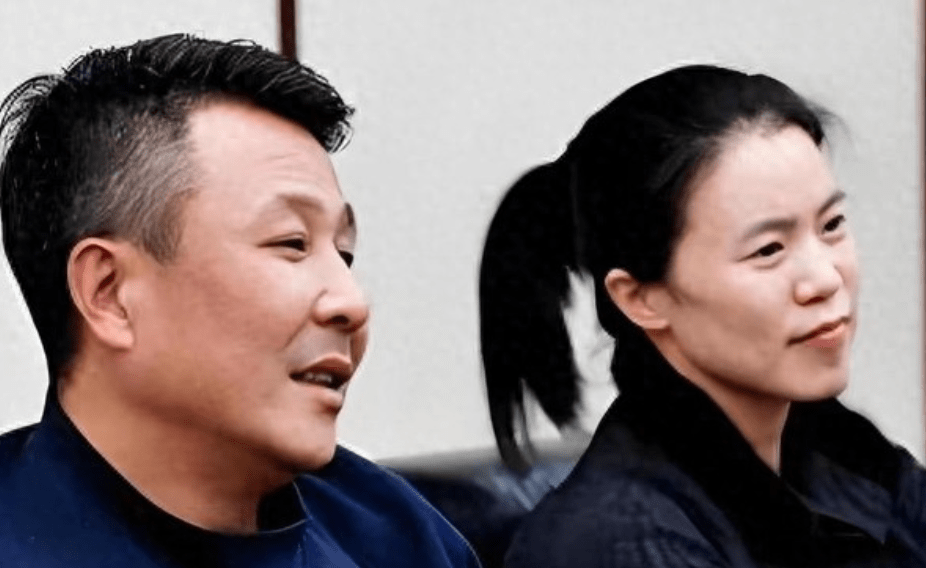
In fact, whether it is Guo Bin's actions or similar gift-giving incidents, they all point to a deeper issue — the uneven distribution of sports resources.
Star athletes standing in the spotlight receive various large rewards, while athletes from less popular sports and grassroots coaches are ignored. This imbalance repeatedly causes the public to question the "unspoken rules" within the sports world.
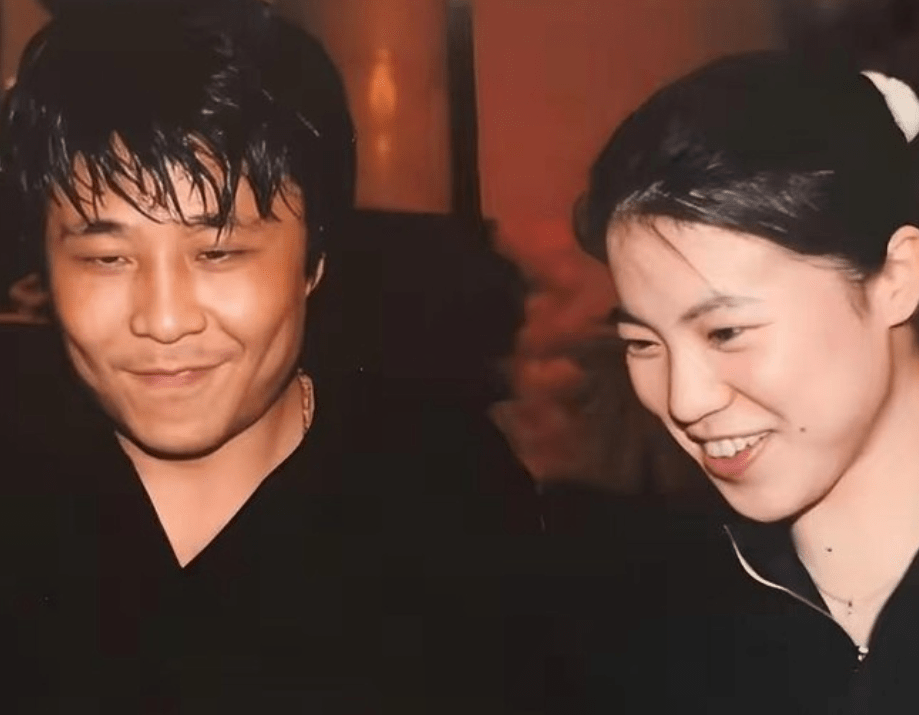
Some netizens say, "Not everyone has a 'Guo Bin' as a supporter." This statement, which initially appears to be teasing, actually hits the core of the issue.
After all, behind Guo Bin's "generosity," there is both support and controversy. Whether this behavior is appropriate, everyone has different opinions. However, high-profile support can easily turn into "good intentions causing trouble," and the frequent occurrence of these events also reveals some opaque and unfair aspects within the sports world.
Sports need money, but they need rules and fairness even more. After all, only when resource allocation becomes more balanced will those "unsung" athletes and coaches have the opportunity to truly stand on their own stage.
It's always beneficial to be low-key.